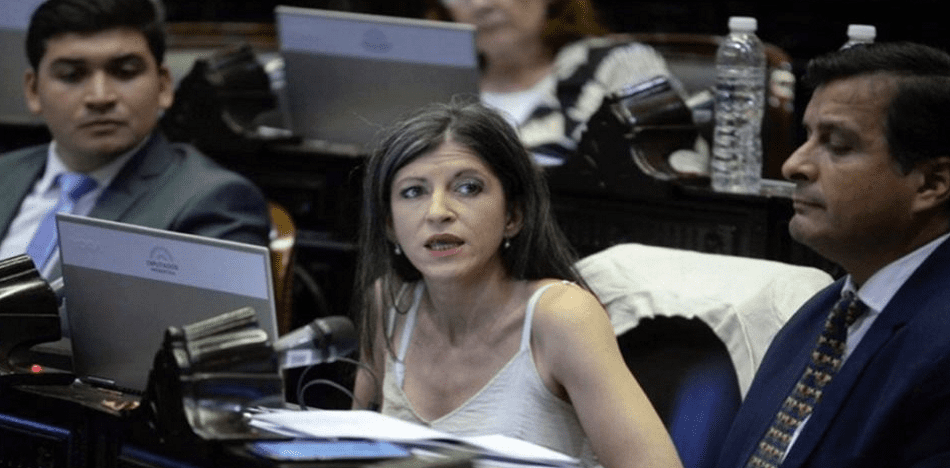
Spanish – One of the images of today in Argentina was that of the popular television host Marcelo Tinelli visiting the Casa Rosada. The show host appeared with producer Adrian Suar to meet with the Chief of Cabinet, the Minister of Health, and other top officials to discuss a specific topic: the licensing of the program Bailando por un Sueño (Dancing for a Dream). It is the Argentinean version of Dancing with the Stars.
Although there are clear protocols for the production of television programs, whether journalistic or entertainment, nothing important happens in Argentina occurs within institutional frameworks: everything is about favors, influences, and political contacts. But this perverse system that produces the worst incentives is much more dangerous than the corruption and permanent bribery it breeds. There is no big business or powerful entrepreneur in the country without the favors from the state. For many decades, Argentine capitalism has been the capitalism of friends of the state, and to be in the big leagues, you have to get along with the government of the day. A kind of permanent ruling system. This system, besides preventing the development of a competitive economy, is a threat to the very same business owners. Many of the great entrepreneurs in Argentina start with a soft spot for the corporatist system that ends up harming them and may even end up destroying them.
When Alberto Fernández closed the economy in the name of public health during the coronavirus pandemic (COVID-19), the majority of Argentine entrepreneurs focused on the only thing they have known and breathed all their lives and went out to ask for the state’s “help” to pay salaries. There were no requests for tax breaks or claims for labor deregulation. Since the government prohibited the dismissal of employees, let the government help pay the salaries. It doesn’t matter if it does so through printing colored paper. The Argentinean mentality does not allow for thinking beyond the day after tomorrow.
There are many sayings in popular wisdom such as “if you lie down with dogs, you will get up with fleas” or “never look a gift horse in the mouth.” Unfortunately, others, such as “a burnt child dreads the fire” aren’t as appealing. Although the Argentine state causes burns many times, the business leadership sometimes does not dread the government and often gets into trouble.
Probably one of the worst deals that local business leaders have made in Argentina was to embrace the state’s bailout of salary payments during this lockdown period. Although the quarantine did not even end, Kirchnerism has already made its mark through Congresswoman Cristinista Fernanda Vallejos. The legislator had the grand idea that the state becomes co-owner of the companies that have been bailed out in the last month.
The business owners, who until less than a month ago were all supporters of the ruling party, are now up in arms. “This is preposterous. It should have been raised before the bailout,” said Claudio Belocopitt of Swiss Medical Group. Martin Rappallini of the Industrial Union of Buenos Aires province and owner of a ceramics company said it was not really “support” because the companies did not make any money, and that the program was exclusively one of social constraint since layoffs are prohibited. The owner of the large aluminum company Aluar, Javier Madanes Quintanilla, clarified that he is not “panicking” that the state will get involved as if he were apologizing, but he asks that it be done from another place. “Actively and collaboratively,” he wants the government to do so… but not too much, it seems. Nice business class, the Argentinean. If it weren’t for the fact that we would run out of goods and services, most of them deserve the nationalization of their businesses.
Although Vallejos’ proposal was not implemented, a mechanism has already been created for companies to “return” what the state gave them in recent weeks. More than one took advantage of the “opportunity,” fearing a possible manipulation of the companies’ shares.
Argentina needs another system, one that generates another class of leaders, trade unions, politicians, and entrepreneurs. The current model is revealing itself to be hollow whenever it is under scrutiny.
 Versión Español
Versión Español












